Richard Armitage: ‘As good a man as I’ve known, a dear friend’
Australians will remember Richard Armitage mainly from his days as deputy secretary of state under George W. Bush. Under Bush and John Howard, the US-Australia alliance reached a level of intimacy never matched before, or since.
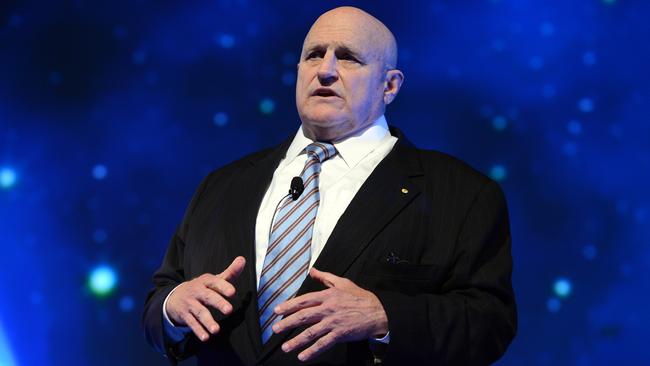
Rich Armitage, a giant of a man, a giant of a human being, Australia’s best friend in Washington these last 50 years, has died, age 79. He was central to the history of the Indo-Pacific over the last 50 years. He had the heart of a lion, the intellectual curiosity of a geeky intellectual and the physical presence of Rambo mixed with your favourite kindly uncle.
The world has lost a statesman. I’ve lost a dear friend, for Armitage was as good a man as I’ve ever known, and a close friend for nearly 40 years.
Australians will remember Armitage mainly from his days as deputy secretary of state under George W. Bush, from 2001 to 2005. Under Bush and John Howard, the US-Australia alliance reached a level of intimacy never matched before, or since. The Bush administration was the most pro-Australian administration in the long history of the United States and Australia, in no small measure due to Armitage’s influence.
Armitage fought side by side with Australians as a riverine counterinsurgency officer in Vietnam. He was impressed with Aussie Diggers. He bonded tightly with them. On one drunken occasion, he came close to getting an Australian flag tattooed on his arm. Australia was a close ally, but the flag tattoo of a foreign nation would have been frowned on by the navy.
Loyalty to friends and courage under fire were what defined Armitage. The Bush administration concluded a free-trade agreement with Australia. But it was on the military and security side, where Armitage was so influential, that the relationship moved closest. Washington embarked on revolutionary intelligence-sharing with Canberra, in the face of great institutional opposition from key US agencies.
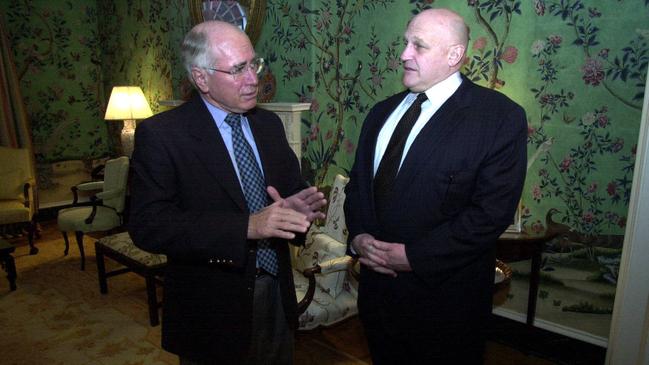
Famously, Howard committed Australian troops to join the Americans in the invasion of Iraq. Armitage invited Michael Thawley, then Australian ambassador, to monitor the first night’s action with administration principals in the White House. No ambassador from any country, before or since, has had better access.
Armitage was deputy to his best friend, secretary of state, Colin Powell. Powell writes glowingly of “Ricky” in his memoirs. I once asked Rich to get me an interview with Powell. He proceeded to put this in motion, because he seldom said no to a friend. But I realised what a conceited idiot I was in making the request, as if this free and easy dialogue I had with the deputy secretary of state was not enough. I never followed up, nor repeated, that request.
Brought up in Boston, Armitage went to the US Naval Academy at Annapolis on a football scholarship. He thought he might join the Marines, but married shortly before graduating and mistakenly thought the navy might be more conducive to family life. He served three tours of duty in Vietnam during the war as a riverine officer, a close first cousin to Navy SEALs.
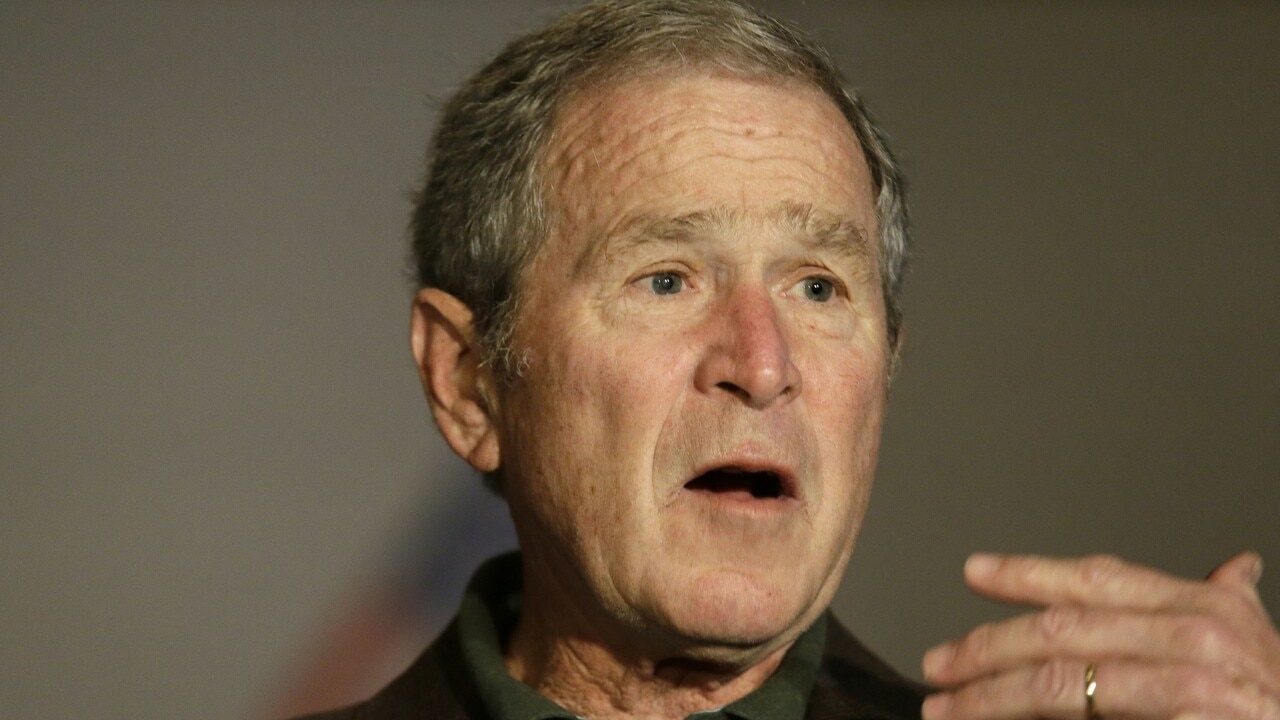
The navy told him he was spending too much time in Vietnam. It wasn’t good for his career. Armitage thought that a weird response, because Vietnam was where the war was. So he left the navy in order to stay in Vietnam and help the South Vietnamese armed forces in their fight against communist North Vietnam. By then he spoke fluent Vietnamese and had earned the devotion of many Vietnamese soldiers.
The South Vietnamese army is routinely mocked and defamed now, as every losing army is, by every galah from Hollywood to campus history programs. But Rich told me the South Vietnamese were fine soldiers when they were well led, by which he meant by their own officers. “They were as brave as American GIs” – a big statement from a proud American.
When in 1975 it was obvious the war was lost and Saigon would fall to the communists, the Ford administration sent Rich back to Vietnam to evacuate the South Vietnamese navy and destroy its ships so Hanoi wouldn’t get them. It was a perilous mission and many times Armitage’s life was in peril.
He embodied that spirit that has always been characteristic of the best Americans. He wouldn’t willingly leave a friend behind. Under Rich, anyone who could get on a boat, or indeed anything that could sail, became part of the South Vietnamese navy. He took them all to The Philippines without the permission of his own government and to the extreme alarm of The Philippines. He later told me: “I thought forgiveness was easier to get than permission.”
These people were genuine refugees and America owed them something. By the time they landed, the US had agreed to the Armitage plan, and thus began the great resettlement of Indochinese refugees around the world, including Australia.
The war had another profound effect on Rich. He and his wife had two biological children of their own (actor Iain Armitage is his grandson) but they decided to adopt a war orphan from Vietnam. At the last minute a relative turned up and she went to them instead. Back home, people said to Rich and his wife: you know, a lot of Americans need a home. The Armitages subsequently fostered dozens of children, and fully adopted several. A number were African-American. A number had medical conditions acquired in vitro.
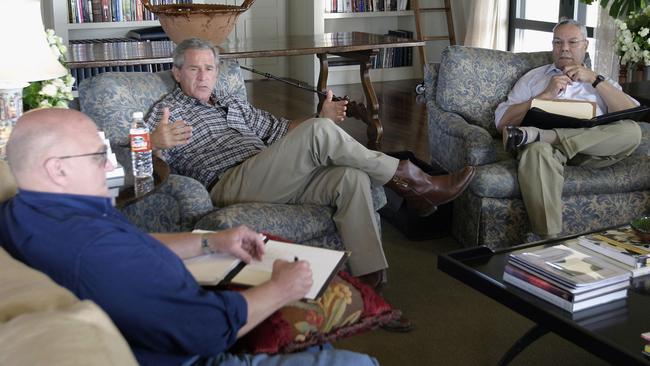
I first met Rich sometime in the 1980s as a result of covering Asian politics. Although I’d never served in uniform, and had not one ounce of his courage, we seemed to have a lot in common. Both Catholics, both devoted to the South Vietnamese, both members of multiracial families, both adoptive fathers.
Armitage was accused of being part of the CIA’s Phoenix Operation, which was basically an assassination program directed at the Vietcong. He always denied this. Bizarrely, Ross Perot later accused him of being an agent of North Vietnam. After Vietnam Armitage wrote newspaper pieces to establish his seriousness as a policy thinker, then worked for Republican senator Bob Dole. From 1981 until 1989 he occupied a series of senior jobs in the Defence Department, mostly, but not exclusively, dealing with Asia.
Ronald Reagan, George HW Bush and George W. Bush all thought the world of Rich and typically gave him the toughest jobs. Rich was by nature a hawk. He appreciated American power and prioritised alliances. He utterly deplored Donald Trump as representing the debauching of American politics. As a result he reluctantly backed Hillary Clinton in 2016 and Joe Biden in 2020.
He always told the truth as he saw it. At a session of the Australian American Leadership Dialogue, to which he became devoted, he upset some people by reminding them what military alliances actually were: “An alliance means I’ll fight and die for you, and you’ll fight and die for me.”
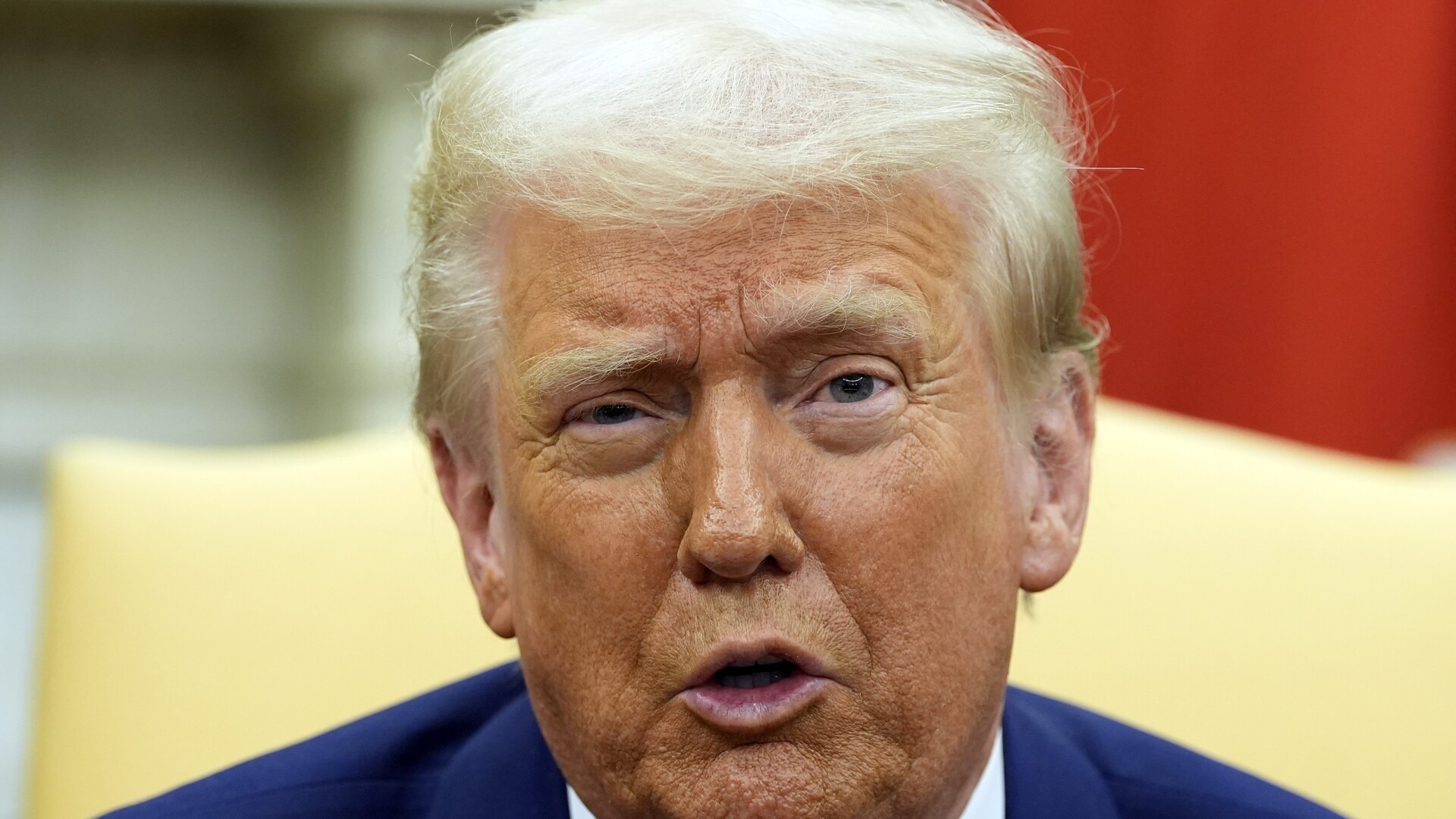
He was distressed recently at how feeble Australian defence policy was. On March 25 we had our last email exchange. It began: “Is there any chance Labor can lose this election?” The exchange ended: “As always, best to you and Jessie.”
In the 1980s Armitage became a close friend of then defence minister Kim Beazley. They had some celebrated shouting matches as they negotiated a new basis for the American joint facilities, particularly Pine Gap, in Australia. Rich didn’t mind his friends disagreeing with him. He respected it.
At an early Australian American Dialogue I was sounding off about how bad I thought American policy was in Asia. When I stopped speaking Rich barrelled over to my side of the table and dropped a note. I have it still. It read: “Dead on in all respects. Rich.” He once told me he thought Australians too timid in their dealings with America. He looked for people who put something on the line, who had strong opinions they were willing to fight for.
During the 1980s Armitage negotiated the extension of US bases in The Philippines. He reached an agreement with the Manila government but its Senate blocked it. One of the main reasons the Americans tried to keep a military presence in The Philippines was to reassure Southeast Asian allies, especially Australia. Subsequently there were strong allegations that agents of the Chinese government injected huge amounts of money into the campaign to defeat the bases’ extension at Subic Bay and Clark Air Field.
During his time as deputy secretary of state, he and Powell were hawkish moderates within the Bush administration, and fell out with vice-president Dick Cheney and defence secretary Donald Rumsfeld. In his second administration, George W. Bush offered Armitage the position of director of national intelligence, but he turned it down.
He thought the administration often didn’t co-ordinate its foreign policy well enough. Condoleezza Rice was national security adviser and Rich more than once raised this with her directly. She complained to Powell about how robust Armitage could be. Powell defended his friend with the powerful argument: Rich will always tell you exactly what he thinks. Unlike others he won’t plot behind your back.
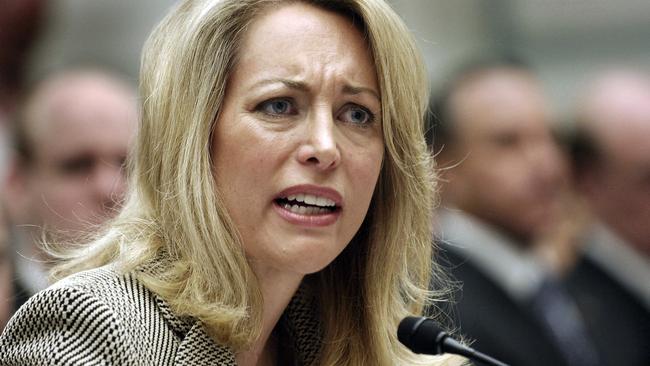
Armitage unwittingly leaked Valerie Plame’s identity to journalist Robert Novak. Plame’s husband, Joseph Wilson, had written a report unhelpful to the Bush administration. In talking about it to Novak, Armitage mentioned Wilson’s wife worked at the CIA. This was quite well known around Washington. Armitage had absolutely no idea Plame was officially “covert”.
As soon as he realised she was covert, Armitage went straight to Powell and said “look what I’ve done”. Together they went to the special prosecutor who had been appointed by then. The special prosecutor didn’t lay any charges against Rich because he accepted Rich had acted in good faith and didn’t know of Plame’s covert status. However, he instructed Armitage that he was not to talk of the incident to anyone else. This later led to some bitterness among other Republicans who were variously accused of being the source of the leak. It was torture for Armitage. I’m convinced he acted honourably in an impossible situation.
Rich’s friendship knew no bounds. He was very kind to my sons. He once took my wife and me for a day at Annapolis Academy, where he was regarded as one of its great alumni. He told me he tried to convert to Islam as a student there. The regulation was that students could attend their weekly religious service. In those days the nearest mosque was in Washington and he thought he might get a day’s liberty a week. The chaplain denied his conversion.
I will be forever grateful I spent an afternoon with Rich in Washington last July. He was very unwell, his massive weightlifter’s body shrunken, his always raspy voice much fainter than before. He greeted me with a fist bump: “My brother!”
He was my friend and I loved him. Rest in peace, my brother. You lived, and served, well.
Richard Armitage. Born Wellesley, Massachusetts, April 26, 1945; died, Arlington, Virginia, April 13, aged 79.





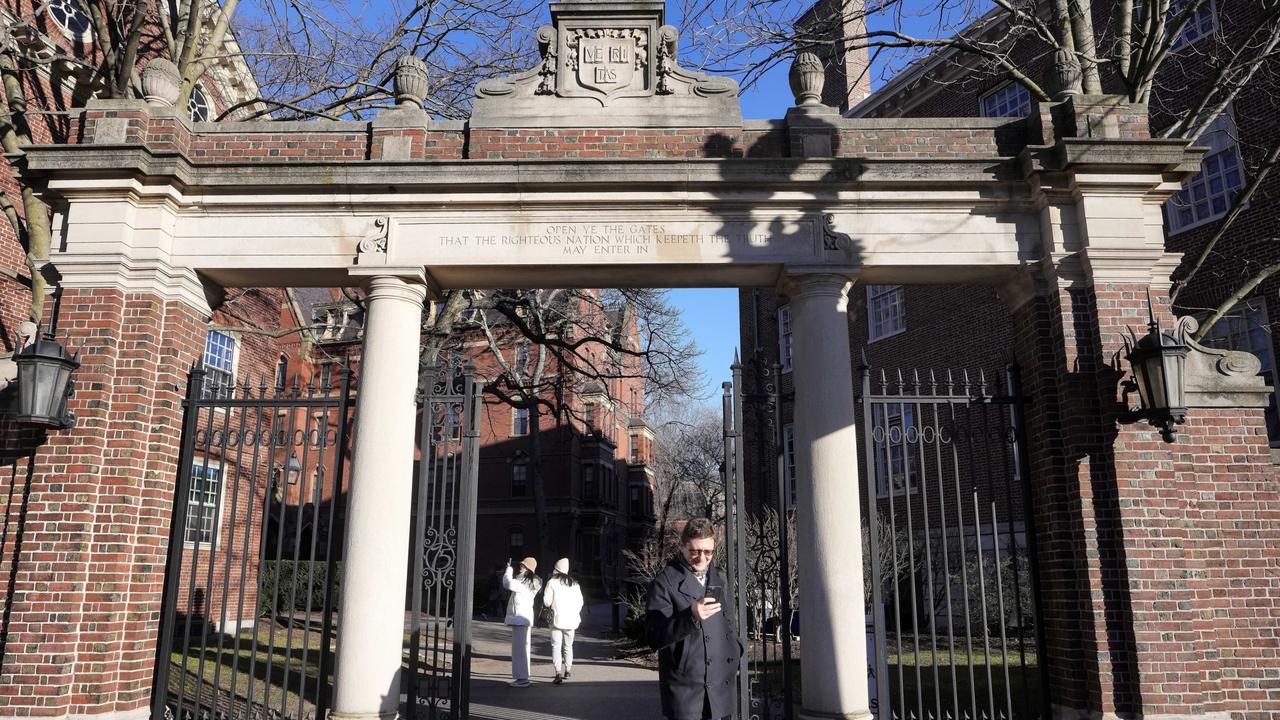

To join the conversation, please log in. Don't have an account? Register
Join the conversation, you are commenting as Logout